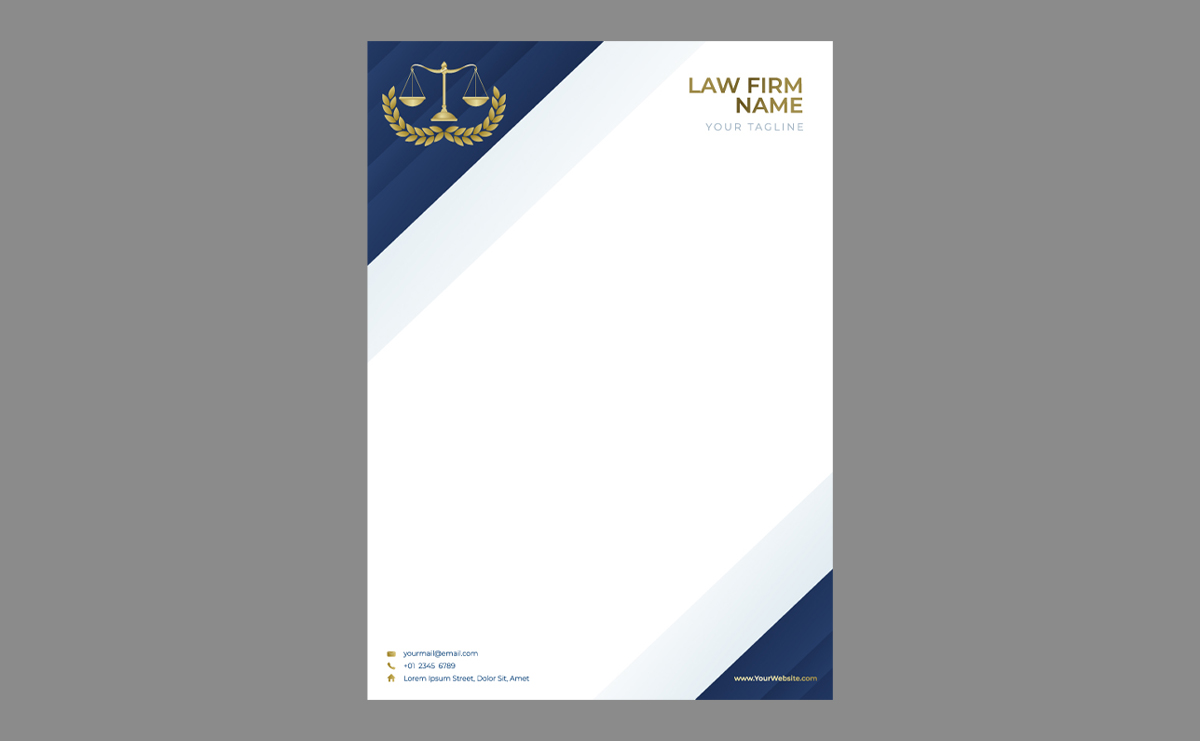Illinois Court | Legal Forms – Agreed Settlement Order
Agreed Settlement Order with Status Date (Defendants Will Pay & Stay) – Illinois Court
The Agreed Settlement Order with Status Date (Defendants Will Pay & Stay) form is an official document approved by the Illinois Supreme Court and used in the Circuit Court for managing settlements in eviction cases. It outlines the agreed terms between the plaintiff (e.g., landlord) and defendants (e.g., tenants) regarding payment of overdue amounts and conditions for staying in the property. The Agreed Settlement Order with Status Date (Defendants Will Pay & Stay) form ensures that both parties have a clear understanding of the terms and consequences, providing a structured way to resolve eviction disputes amicably while keeping the court informed of compliance.
This guide will help you complete this form accurately.
Section-by-Section Instructions
Header Information
-
County: Enter the name of the county where the case was filed.
-
Case Number: Enter the case number as listed on the Eviction Complaint.
-
Plaintiff: Enter the full name(s) of the plaintiff(s) (e.g., landlord or property owner).
-
Defendants: Enter the full name(s) of the defendant(s) (e.g., tenants or occupants).
-
Unknown Occupants: Check this box if it was checked on the Eviction Complaint.
1. Reason for Court Date
-
Check all that apply (Trial, Hearing on Motion, Status, or Other). Specify if “Other” is checked.
2. People in Court
-
Check the appropriate boxes to indicate who was present at the court date (Plaintiff, Plaintiff’s Lawyer, Defendants, Defendants’ Lawyer, or Other). List names if “Other” is checked.
3. Payment Agreement
-
Enter the total amount agreed upon for past due rent, assessments, court costs, and other amounts due under the lease or condo declaration.
-
Check the appropriate box for the payment schedule:
-
3a: For periodic payments, specify the amount and frequency (monthly, every two weeks, every week) and the start and end dates.
-
3b: For a lump sum payment, enter the total amount and due date.
-
4. Defendants’ Residence
-
Confirm that the defendants will remain in the unit and must continue making the agreed payments plus future rent/assessment payments as they come due.
5. Follow-up Court Date
-
Enter the date, time, and courtroom number for the follow-up court date to verify if payments have been made.
6. Case Dismissal
-
Indicate that if all payments are made as agreed, the case will be dismissed with prejudice at the next court date, allowing defendants to stay in the property.
7. Consequences of Non-compliance
-
Check the appropriate boxes for the consequences if defendants violate the terms:
-
7a: Eviction Order details, specifying whether it can be enforced immediately or after a specified number of days.
-
7b: Money judgment details, including the amount and what it covers.
-
8. Other Agreed Terms:
-
Enter any additional agreed terms, such as method of payment, address for sending payments, etc.
9. Sealing the Court File
-
Check this box if both parties agree to ask the judge to remove the eviction court file from the public record. Understand that the judge will decide, and either party can reject the settlement if the file is not sealed.
10. Judicial Findings
-
10a: Indicate if the eviction is foreclosure-related and if sealing is mandatory.
-
10b: Indicate if the factors for discretionary sealing are met.
-
10c: Include any additional findings by the judge.
11. Court Order
-
The judge will complete this section, indicating whether the request to remove the file from the public record is granted or denied, and if the case is set for a status hearing or trial. Include the next court date and time if applicable.
Signatures
-
Plaintiff (or Lawyer): Sign and provide contact information.
-
Defendants (or Lawyer): Each defendant (or their lawyer) must sign and provide contact information.
Finalizing
-
The judge will enter the date and sign the form to finalize the order.
General Tips
-
Ensure all names and case numbers are entered accurately.
-
Double-check that all required boxes are checked, and information is complete.
-
Sign and date the form where required.
-
If unsure about any section, seek legal advice or consult with a court clerk for assistance.
The Agreed Settlement Order with Status Date (Defendants Will Pay & Stay) form is crucial for formalizing the agreed settlement terms in eviction cases, ensuring clarity and compliance for both parties involved.
Disclaimer: This guide is provided for informational purposes only and is not intended as legal advice. You should consult the Residential Tenancies Act or a legal professional.




